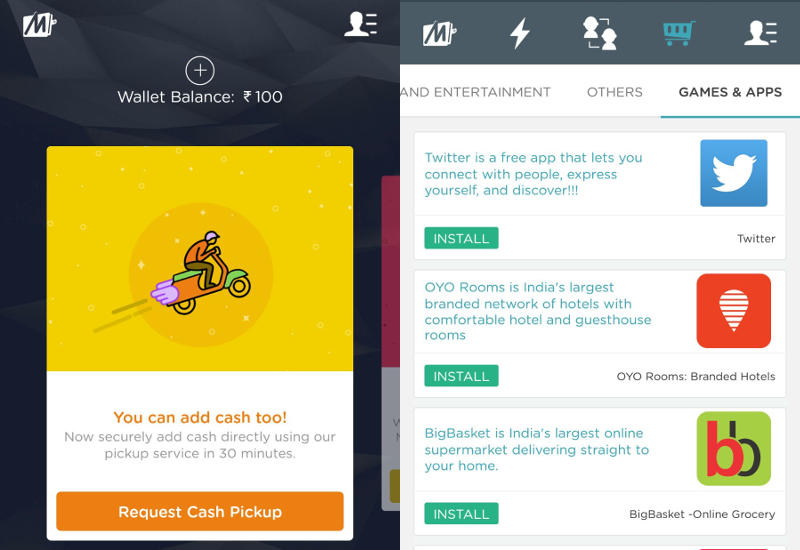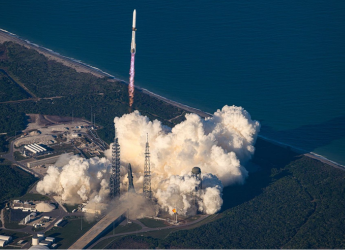Mobikwik Redesigns Android App, Claims 3x Faster Transactions

Gurgaon-based MobiKwik has rolled out a redesign for its Android app, which introduces contextual cards and is claimed to be three times faster than its predecessor.
Atul Goyal, Mobile Ninja at MobiKwik, told Gadgets 360 that its claims were substantiated by speed improvements measured while testing. "We looked at the user journey to complete a recharge, and created a new flow so that tasks can be done really fast," he said.
The performance improvements are brought about by adding a 'favourites' tab on the home screen, which records the user's frequently recharged numbers and connections and allows faster recharge and bill payments, the company claimed.
The new updated displays cards on the home-screen are contextual in nature, and personalised for each user, MobiKwik said.
A new tab suggests new games and apps relevant to user needs and preferences. "The wallet has become a discovery engine for a lot of users. In the future we will be tying up with a lot of startups to help them find new way to use the wallet," Goyal added.
Another minor addition to the app lets MobiKwik users specify the purpose behind the money transfer, so that the recipient would know exactly for what reason he or she has been sent the money.
MobiKwik's wallets for Windows and iOS will be updated soon, the company said.
(Also Read Seven Mobile Wallets Every Indian Should Know About)
Founded in 2009, MobiKwik claimed a user base of 25 million users with 50,000 retailers in an emailed statement. The company has raised $30.25 million (roughly Rs. 199 crores) in funding so far.
Get your daily dose of tech news, reviews, and insights, in under 80 characters on Gadgets 360 Turbo. Connect with fellow tech lovers on our Forum. Follow us on X, Facebook, WhatsApp, Threads and Google News for instant updates. Catch all the action on our YouTube channel.
Related Stories
- Samsung Galaxy Unpacked 2026
- iPhone 17 Pro Max
- ChatGPT
- iOS 26
- Laptop Under 50000
- Smartwatch Under 10000
- Apple Vision Pro
- Oneplus 12
- OnePlus Nord CE 3 Lite 5G
- iPhone 13
- Xiaomi 14 Pro
- Oppo Find N3
- Tecno Spark Go (2023)
- Realme V30
- Best Phones Under 25000
- Samsung Galaxy S24 Series
- Cryptocurrency
- iQoo 12
- Samsung Galaxy S24 Ultra
- Giottus
- Samsung Galaxy Z Flip 5
- Apple 'Scary Fast'
- Housefull 5
- GoPro Hero 12 Black Review
- Invincible Season 2
- JioGlass
- HD Ready TV
- Latest Mobile Phones
- Compare Phones
- Leica Leitzphone
- Samsung Galaxy S26+
- Samsung Galaxy S26 Ultra
- Samsung Galaxy S26
- iQOO 15R
- Realme P4 Lite
- Vivo V70
- Vivo V70 Elite
- Asus TUF Gaming A14 (2026)
- Asus ProArt GoPro Edition
- Huawei MatePad Mini
- Infinix Xpad 30E
- Huawei Watch GT Runner 2
- Amazfit Active 3 Premium
- Xiaomi QLED TV X Pro 75
- Haier H5E Series
- Asus ROG Ally
- Nintendo Switch Lite
- Haier 1.6 Ton 5 Star Inverter Split AC (HSU19G-MZAID5BN-INV)
- Haier 1.6 Ton 5 Star Inverter Split AC (HSU19G-MZAIM5BN-INV)
















